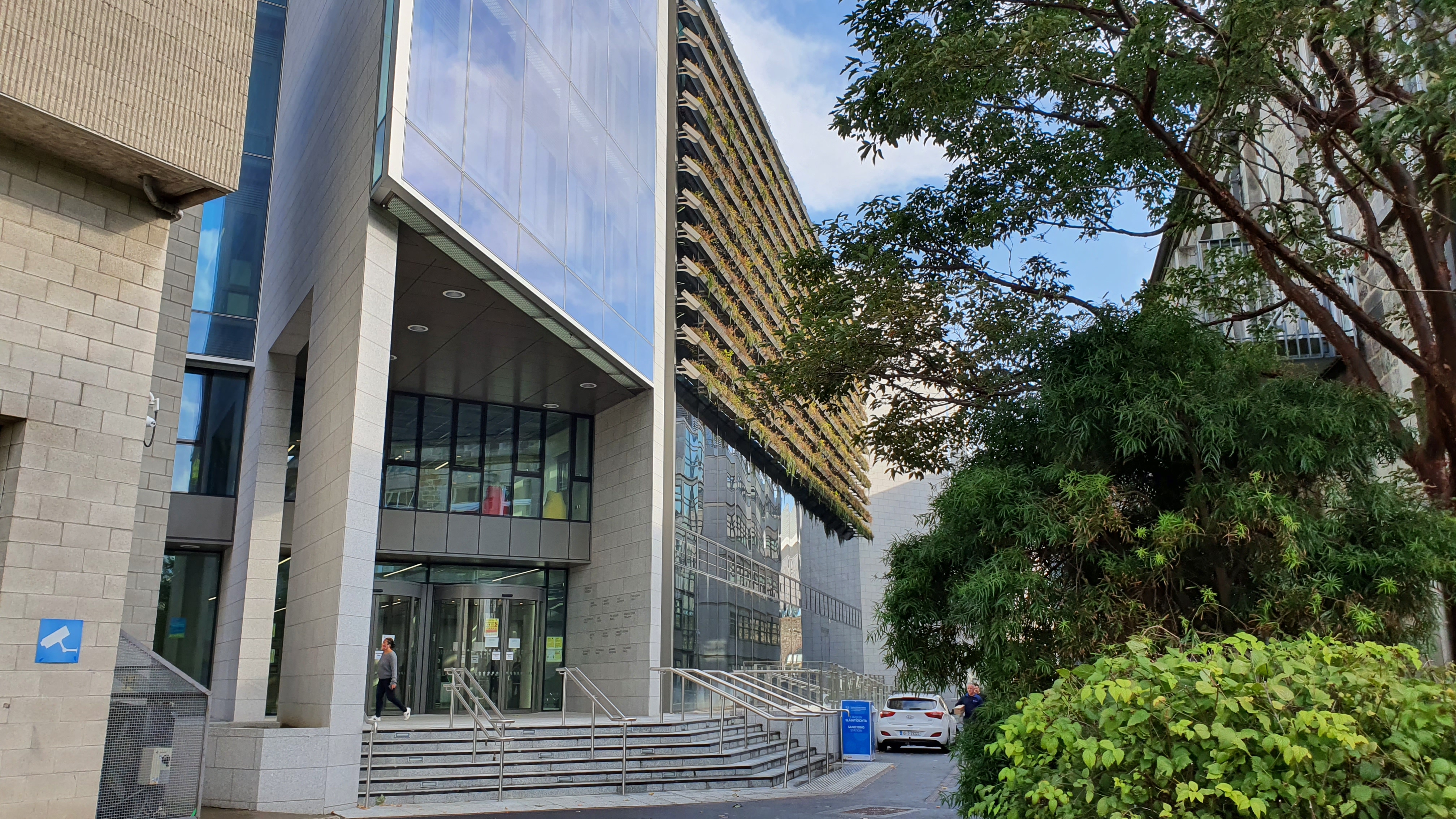A proposal to increase fees for non-EU students and postgraduate students has been brought to the College Board this morning.
According to the college, undergraduate fees for non-EU students are subject to a 3% increase annually.
During her election campaign last year, Provost Linda Doyle promised that fees for international students would not increase during her tenure. Doyle was the only provostial candidate to promise this.
In a statement on social media, Trinity College Dublin Students’ Union (TCDSU) criticised the move, promoting the hashtag #StudentsNotCashCows.
The statement notes that TCDSU has lobbied since July 2021 for a fee freeze and has continuously called for a less student-reliant funding model.
It highlights that student fees make up 41% of College’s funding, while the government provides 13% overall: “As long as College continues to dip into the student pocket, the Government will continue to under-fund them.”
Since Britain’s departure, Ireland has had the highest university fees in the EU. TCDSU’s statement notes that non-EU students pay up to ten times this amount, which it says is counterproductive to pursuing the College’s stated goals: “If College is to realize the goals outlined in its strategic plan, to increase and diversify the student population, they must remove these barriers to entry, instead of inserting them.”
“TCDSU has and will continue to demand more of College,” it continued. The statement affirmed TCDSU’s intention to oppose the move at College Board: “This morning, we will be advocating for a complete freeze of fees and we implore other members of the College Board to support our proposal.”
Student campaign group Students4Change (S4C) organised a protest at 9.30am in front of the Trinity Business School objecting to the proposal to raise fees for international and postgraduate students.
In an Instagram post following the protest, S4C said: “We were not many at the protest today, but we will build until our numbers grow.”
The group condemned the profit incentives of third level education and called on both students and staff to protest the College: “Let’s unite with staff in opposition to the commercialization of academia and let’s protect our communities.”






